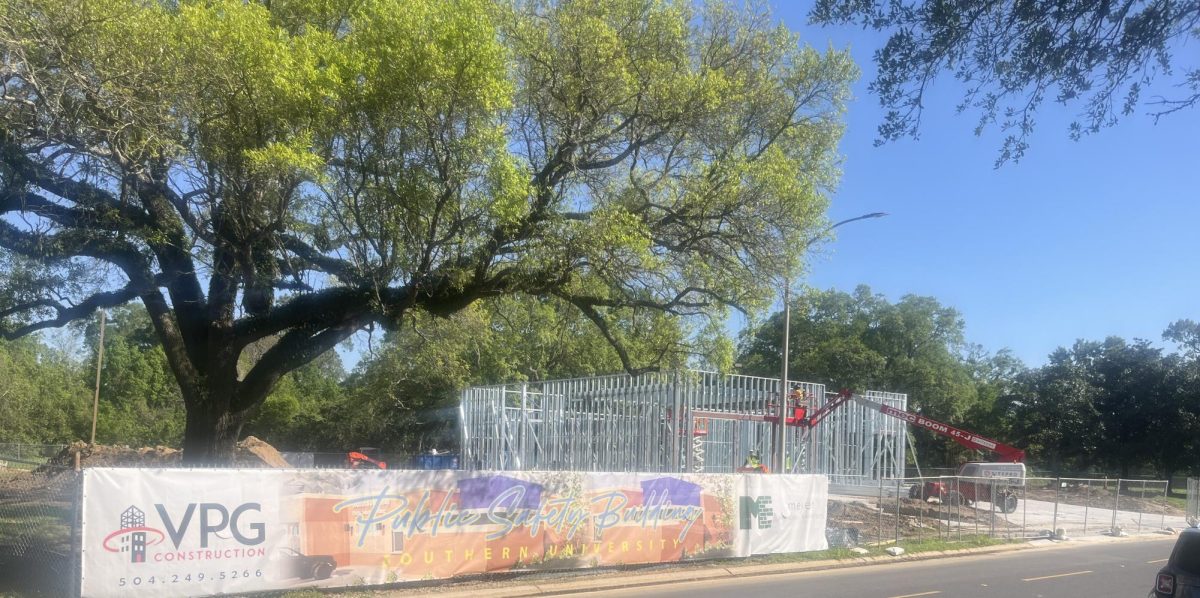WASHINGTON–North Korea claimed for the first time to have nuclear weapons and to have almost finished reprocessing enough plutonium for many more bombs, Bush administration sources said Thursday.
But during Beijing talks, Pyongyang also sent ambiguous messages indicating it might be willing to abandon its nuclear ambitions, the sources said.
U.S. officials are still analyzing the meaning of confusing statements–some conciliatory, some threatening–made by the senior North Korean representative, Gen. Ri Gun, to U.S. Assistant Secretary of State James A. Kelly.
The United States and many of its allies fear that a Stalinist North Korea armed with nuclear bombs could blackmail Asia or export nuclear material to rogue states or terrorists.
Kelly is in Beijing for three days of talks with North Korean and Chinese officials about Pyongyang’s nuclear ambitions.
A U.S. Embassy spokesman said Kelly and Ri met separately this morning with Chinese Foreign Minister Li Zhaoxing and then there was a brief trilateral meeting. No details were given.
Secretary of State Colin L. Powell warned Thursday that North Korea should not leave the talks ”with the slightest impression that the United States and its partners will be intimidated by bellicose statements or by threats or actions they think might get them more attention or might force us to make a concession that we would not otherwise make. They would be very ill-advised to move in that direction.”
Three Bush administration sources confirmed that Ri told Kelly that Pyongyang had an unspecified number of nuclear weapons. The CIA has said it believes the North Koreans have one or two plutonium bombs.
State Department Spokesman Richard A. Boucher declined to confirm or deny anything that was said Wednesday at the three-way meeting in Beijing, or at the separate talks held Thursday between U.S. and Chinese officials and between Chinese and North Korean officials. The Americans have refused North Korean demands for talks with the United States without the Chinese present.
However, Boucher added that since the United States has long believed North Korea has nuclear weapons ”it would not come as any great surprise for them to say something like that.” Boucher said officials would have to check the translations and analyze the entire record of what was said before reaching any conclusions.
South Korea, eager to keep relations smooth with its neighbor, has in the past expressed doubt about whether North Korea really has nuclear weapons. But the reported admission to Kelly is sure to reopen debate.
Kelly is due this evening in Seoul, where he will brief the South Korean foreign minister before leaving for Tokyo on Saturday.
”We don’t have a lot to say at this time until we hear what Mr. Kelly has to say,” said a South Korean spokeswoman, Lee Ji Hyun. One particular concern is that the revelation of nuclear weapons could hammer the South Korean economy.
Two sources said Ri said that North Korea had ”almost finished” reprocessing some 8,000 spent plutonium fuel rods – enough to make up to six more bombs – at its reactor in Yongbyon. However, U.S. intelligence has not detected any signs of reprocessing activity at the plant, suggesting that either Ri was lying or intelligence is faulty.
Contrary to some leaked reports to the media, the sources insisted that Ri never specifically threatened to test or export nuclear weapons.
”They used ambiguous language about what they might do and then said, ‘It all depends on you,’ ” one source said. ”They also talked at other times about getting rid of nuclear weapons” under conditions that both sources said were not acceptable to the Bush administration but that nonetheless offered enough potential to open the door for serious negotiations.
Bush administration officials have been tight-lipped for months about their attempts to negotiate with North Korea.
The North Koreans ”said a lot of things that require careful analysis before anybody jumps out and makes grand pronouncements on ‘it means this and it means that.’ ” Boucher said. ”We will look at everything that they said, we’ll analyze it carefully, and we’ll decide on next steps. And I’m not going to pick out one piece, confirm this, deny that, or make a assumptions about what they said about this or that.”
However, after a day of one-sided leaks to the media from inside the administration – leaks that portrayed the North Korean position as alarmingly bellicose – other administration sources began to say they wanted to set the record straight. They alleged that the leaks came from administration insiders opposed to Bush’s efforts to negotiate a settlement with North Korea.
”It’s not at all axiomatic or self-evident that the diplomatic negotiation option has been closed off,” one senior official said, adding, ”it’s hard to know what is real and what is tactics. You’ve got to do a lot of unpacking and a lot of deciphering.”
Former diplomats have consistently described North Korean negotiating behavior as perplexing. Experts frequently disagree on the message that Pyongyang intends to convey through its characteristic vitriol leavened by occasional hints that it may be seeking better relations with the United States.
Recently the confusion has been deepened by North Korean pronouncements that say one thing in Korean language statements and another thing in official English translations.
The behavior of the delegation led by Ri was typical, sources said.
”There was a lot of bluster,” one said. ”They were obnoxious at times and also ambiguous at times. The best summary is that they were North Koreans. This is the way these people act.”
Categories:
North Korea Claims Nuclear Weapons
April 25, 2003
0
More to Discover





